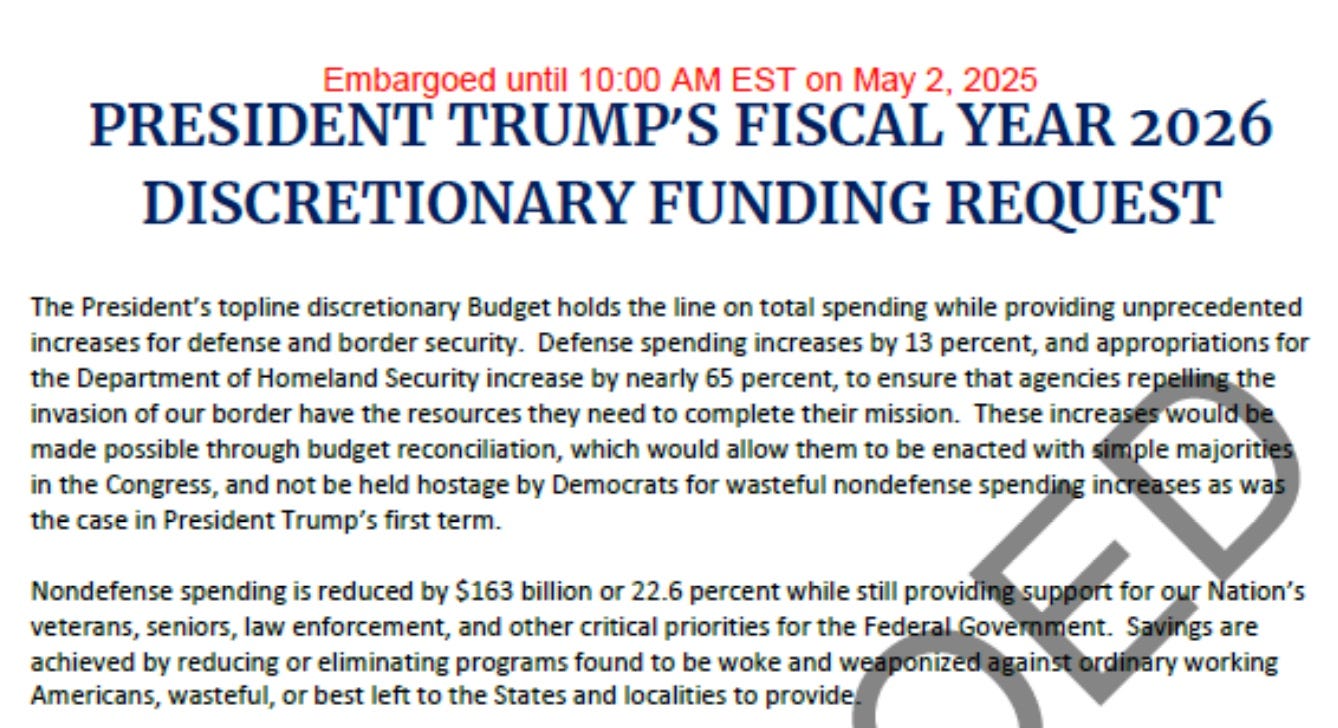Temperature check on US-EU Defense Innovation
Market Opportunities in the U.S. for European dual use companies
Earlier this year I announced that Petra Soderling & Co. won a bid to provide Business Oulu, the Economic Development agency for the city of Oulu, Finland, a study on market opportunities in the U.S. defense industry.
Oulu is this amazing, unique place. Located in Northern Finland right below the Arctic circle, they invented such genius things as the World Air Guitar championships, the Polar Bear Pitching competition where startups pitch to VCs from a hole in ice without a time limit, and, oh, they almost single-handedly invented the 5G and 6G telecommunications standards. They also bike everywhere all year round.
The assignment has ended and I present our results to the Oulu team last week. Unfortunately the specific, thematic findings have not been shared publicly, but there are public themes that apply to a wider European tech community that we can discuss.
U.S. Market Overview: Big Opportunities, Shifting Priorities
The U.S. dual-use sector remains a powerful magnet for innovation. The administration just proposed a $1 trillion budget for the Department of Defense alone. This is 13% increase from the current budget, and a military spending exceeding a trillion dollars for the first time ever.
I’m excited to find this paragraph in the document as well, a special mention about AI and quantum as “key agencies”:
For European companies with strong technical foundations, these news create real entry points. That said, it’s not a static market and not all spending is about technology and innovation. Some key trends worth noting:
"Buy American" is back in full swing—with both political leadership and large U.S. defense contractors doubling down on domestic sourcing.
Government budgets in general are tightening, with cuts impacting both existing and new programs in other departments and on state levels.
Energy policy is shifting, with clean energy initiatives receiving less federal priority than in previous years.
Internal churn is high, as federal agencies and large contractors navigate new mandates, reorganizations, and hiring challenges—slowing down some project timelines.
In short: the market is open—but not without friction. Success will come to companies that can align quickly with U.S. expectations and realities.
Outreach Strategy: How to Break Through
How to make most of these opportunities, then? One of the most effective ways is to engage key decision-makers early. Instead of buyers, find people within an organization who can champion new technologies and move partnerships forward. It’s also essential to be present where conversations are already happening. Industry events provide valuable opportunities to build relationships and gain visibility with potential partners. If you’re unsure where to begin, we’re happy to recommend a few key conferences and gatherings.
Another critical step is to clearly communicate the value of your technology. Well-developed case studies and technical white papers help U.S. partners understand exactly how your solution addresses their specific challenges. Being prepared from a compliance standpoint also goes a long way. Demonstrating familiarity with U.S. regulations can reduce friction and build credibility. We can help here, too.
Finally, start small. Proposing pilot projects or joint R&D initiatives is a smart way to show value in a low-risk environment. These early collaborations can serve as important proof points for deeper engagement down the line.
Looking Ahead: How the relationship will develop
It’s hard to predict how the U.S. publicly funded research and public procurement will develop, but one thing is certain. Innovation will not stop, both Americans and Europeans will continue to carry out breakthrough science and develop high-tech solutions. As long as there’s innovation there will be mutual interest.
What else am I doing?
I will continue to work for Trans-Atlantic relationships even harder than before. You will see and hear and my guests me in these newsletters, on the Deep Pocket podcast, on LinkedIn, and YouTube - and now also on Bluesky helping to keep the discussion alive, and by providing researched facts.
I will drive these topics forward with my work at the European Investment Bank, and the European Commission. I will work on interoperable and friendly technology standards as the Finnish delegate at ISO/IEC JTC 3 quantum standardization group.
Get in Touch
Our team of U.S. and EU based advisors cover a wide range of expertise in the intersection of government and innovation, including deeptech strategy creation, innovation based economic development and foreign direct investment, technology reports, product white papers, market reports and more.
Upcoming events
I will be in Luxembourg the week of June 16th, 2025 in EU meetings.
I will be in Finland on VA-CA-TION (!!!) July 7-19th, 2025.
I will be in the Quantum World Congress, Washington DC in September 16-18, 2025.
I will be on Deep Pockets podcast every second week (-ish).
From the Archives
Government and Innovation: The Economic Developer's Guide to Our Future
My book from 2023 discussing how local, regional, and national governments can use existing instruments to steer their economies to include more innovative industries that provide higher economic value-add.
FREE SAMPLE: How wars fuel Innovation?
Listen to the the War and Peace section from the book:
Government and Innovation: The Economic Developer's Guide to Our Future
Audiobook narrated by author available at Audible
The Future of Transatlantic Relations / Deep Pockets episode from November 2024
Both the United States and the European Union held their big elections this year. The U.S. elected a new President, and changed the balance of power in the House and the Senate that govern 335 million Americans. The EU elected a new Parliament and is in the process of appointing new Commissioners, steering the future for 450 million Europeans. What does this mean in DeepTech? How will this impact Industrial Policy, and the Transatlantic relations? Milja Kalliosaari, Government Relations Manager at IQM Quantum Computers, and Finland's delegate to NATO's Transatlantic Quantum Community shares her insight.
Yes, I’m on Substack. I understand there are ethical concerns. I’m looking for an alternative that ticks all the boxes and offers a smooth transition.





